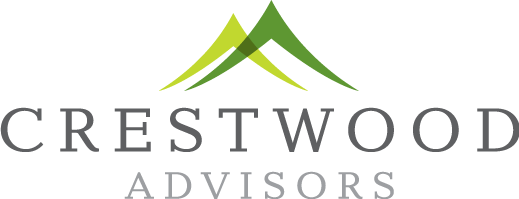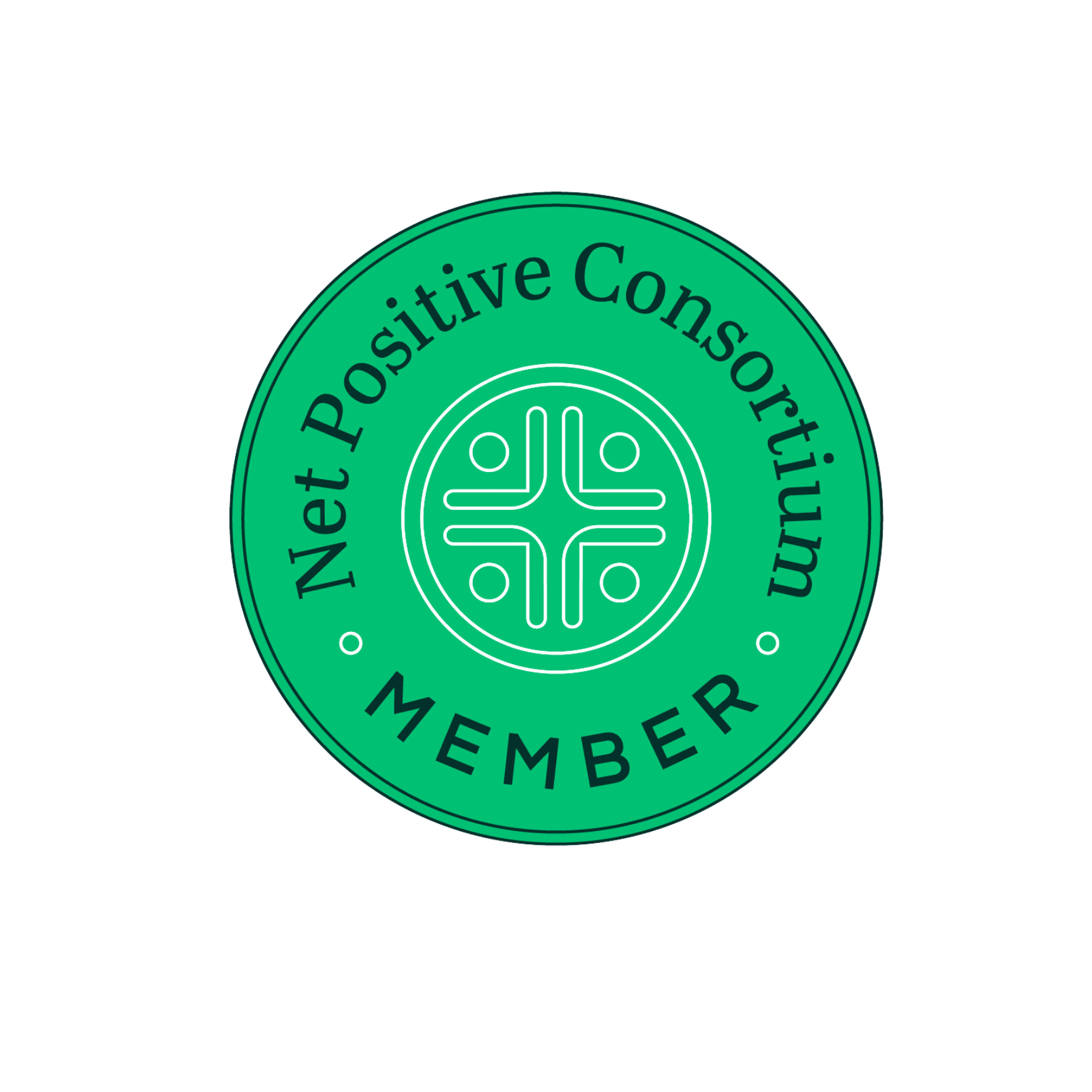In March 2004, the U.S. Senate designated April as Financial Literacy Month to raise awareness of the importance of financial education and the consequences of a lack of knowledge about personal finances.
Financial literacy affects everyone: your family, friends, neighbors, colleagues, and community members. The concern arises because many do not receive the appropriate level of education on personal finances during their high school or college years.
When the time comes to make financial choices in adulthood, those without access to information or proper financial education risk making errors with critical decisions that can negatively affect their financial futures.
While getting an education early can help, more advanced financial topics arise as we move throughout our lives. Here are some basics and when you may start to face them. Learning these topics and being prepared to tackle them will help everyone!
Kids & Teenagers
o Value of a dollar: Learning the value of a dollar through chores or a part-time job can help develop an understanding of the concept of money.
o Compounding interest: Understanding compounding interest and how a dollar grows is a concept taught in school during most algebra classes.
o Spending plan: Teaching kids and teenagers how to allocate their money into different categories like spend, save, and donate will help them understand the purpose and uses of money.
Young Adulthood
o Credit score and debt management: Building credit and managing debt is a skill that can be difficult to navigate for all ages. Knowing the composition of your credit score, good vs. bad uses of debt, interest rates, and strategies for paying off debt is relevant for most adults.
o Investing: How, when, where, and why to invest should be understood at a basic level for young adults. The information available is vast, but individuals should look to respected financial institutions for education.
o Setting goals: Setting savings goals for short, medium, and long-term goals is necessary to have a path ahead for the future. Financial goals change as life does (marriage, children, etc.), so setting new goals will be required as time passes.
Adulthood – Building Careers and Families
o Net worth: Adults should develop a net worth statement showing assets minus liabilities. This is helpful to gauge your current financial standing and how close or far you are from meeting the goals you set.
o Employer benefits: Learning how to take advantage of and maximize employer benefits like retirement plans (401(k), 403(b), etc.), medical and dental benefits, and Health Savings Accounts (HSAs) is low-hanging fruit. Making the most of your benefits now allows for an easier road ahead.
o Protection: Ensuring financial protection with life, disability, and property and casualty insurance is essential at all ages but should be looked at closely as you accumulate assets and have more financial obligations. Also, having estate planning documents to protect you and your family is essential in adulthood.
Late Career and Retirement
o Financial plan: A financial plan is crucial as you begin to think about the next chapter. Understanding how much you have accumulated and how to make it last during retirement is at the forefront of most people’s minds when creating a financial plan.
o Long-term care planning: Having a plan for how you will pay for medical expenses and specialized care as you age makes a big difference when a major medical event does occur.
Advanced Ages
o Avoiding abuse: Protecting yourself from scams and thieves is important at all ages, but those at advanced ages are particularly vulnerable. Educating yourself on how to prevent and avoid loss and asking someone you trust for help overseeing your finances may save you stress and loss of money.
o Leaving a legacy: It may have been many years since you created your estate planning documents. Will your assets transfer as you currently desire? What type of legacy would you like to leave behind?
As your financial situation and decisions become more complex, having a team of experienced professionals who can educate and advise you is critical to a successful financial future. Contact your team at Crestwood if you have questions about your financial situation or have a family member/friend that could use our help.




